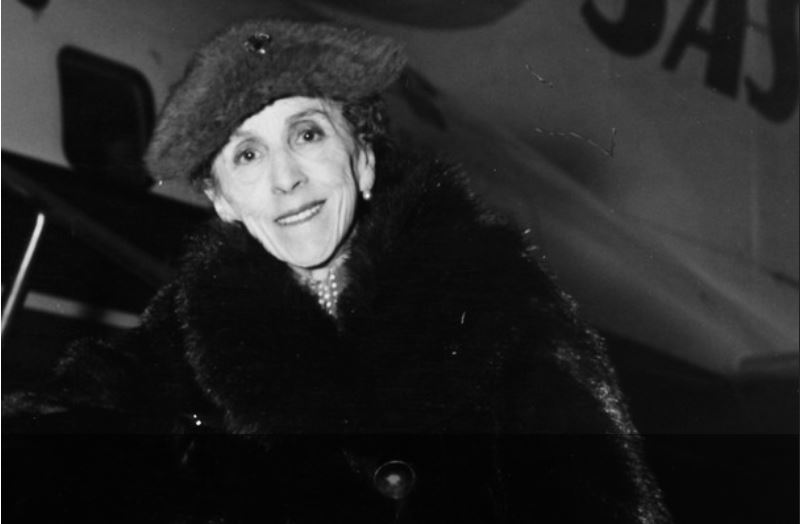This review of Syncing Ink at The Flea was written by Christopher M. Struck and published in Volume X, Issue 7 (2017) of the online edition of Applause! Applause!
Syncing Ink
Written & Directed by NSangou Njikam
Artistic Director: Niegel Smith
Producing Director: Carol Ostrow
Wardrobe Supervisor: Sarah Lawrence
Director of Dance Programming: Lisa Reilly
Director of Music Programming: Lauren Alfano-Ishida
Hip Hop Choreography: Gabriel Dionisio (a/k/a Kwikstep)
Music by DJ Reborn
The Flea
20 Thomas Street
New York, New York 10007
Reviewed 10/9/17
Syncing Ink is legit. This play or musical-esque crossover of hip-hop expands on the stylistic innovations of Hamilton to demonstrate the power of this uniquely American subculture (Hip Hop) to create personal, emotional impact. Njikam's play features love, rivalry, failure, and redemption on a modern Hero's journey taught through the motions and emotions of those tales that have dominated both our times and all times. He expertly weaves in modern references to Dragonball Z and Jedi Knights while his character, Gordon, follows in his father's footsteps using their family's ancient power of the sacred Ase (pronounced Ashay) from Yoruba spirituality.
The absolutely fantastic meter soars in this play due to the accomplishments of the actors. Their combined ability to dance in complex break dancing moves as well as to change character brought the whole thing together seamlessly. For example, one moment, Adesola Osakalumi is alliterating adroitly as Mr. Wright ("You must make pupils of your pupils so you can teach your eyes to see. You must activate and integrate your hidden linguistic capacity, for you are all born with allocations from your ancestors to advance the atoms in the minds of men...and women...and the first way we will resuscitate and rejuvenate your precious gift is through the powerful paradigm we call poetry.") and the next, he is serving up laughs as Gordon's father. Example - "School has the 3Bs. Study the Books...use your Brains...and when the ladies see that, they might just shake their Butts."
Pay respects to The Mother
It is in Mr. Wright's Advanced Placement English Class at Langston Hughes High School where the story begins. Gordon (NSangou Njikam) enters on Day One and meets his opposition, Sweet Tea (Kara Young), Ice Cold (Elisha Lawson), and the reigning M.C. champion of the school, Jamal (Nuri Hazzard). Each of them can throw down rhymes while Gordon sits tight unable to speak his mind. Finally, in walks Mona Lisa, a new student at the school, played by the wonderful McKenzie Frye. In an effort to win Mona Lisa's affection, Gordon engages Ice Cold to help get her attention. To do this he must learn how to become the most powerful M.C. and out-rap Jamal.
This opens up one of the best sequences I think I've seen in modern playwriting. Knowing that the audience surrounded the stage on four sides, the actors create a "demonstrative walk through" that swirls around other actors frozen in the middle. Ice Cold mocks video game tutorials by guiding Gordon on the first stages of his journey as if he is a cross between C-3PO and a Disney automation while Mr. Wright busts out some more chops imitating a Japanese karate master as he teaches Gordon how to "dance."
Just when you think you have a handle on each character and each actor, everything changes. Gordon stands up to Jamal, a tough looking kid in beat up clothes with face paint and a thick beard, only to be defeated. End Act 1. Gordon then grows up to study poetry and writing at Mecca University where he meets two of the most dynamic characters: Professor Brown (Hazzard), who is impressed with the Harlem Renaissance and the Standard English Canon disdaining his student's interest in "Little Wayne or Little Yachty or anyone else who is little." and Professor Black (Osakalumi), whose classes are "100% freestyle" and who sees white paper as a plot against young black minds." Jamal attends Georgetown University where he creates "a blend of conscious and trap music called 'crap'." All this sets up an epic confrontation where Gordon and Jamal compete against one another at The Cypher, an invitation-only, underground, Hip Hop competition "where the illest M.C.s go to battle." On the line are love and family honor.
Go see this. Tickets are available for $35.00 online at www.theflea.org or via the Box Office extension at 212-352-3101.








